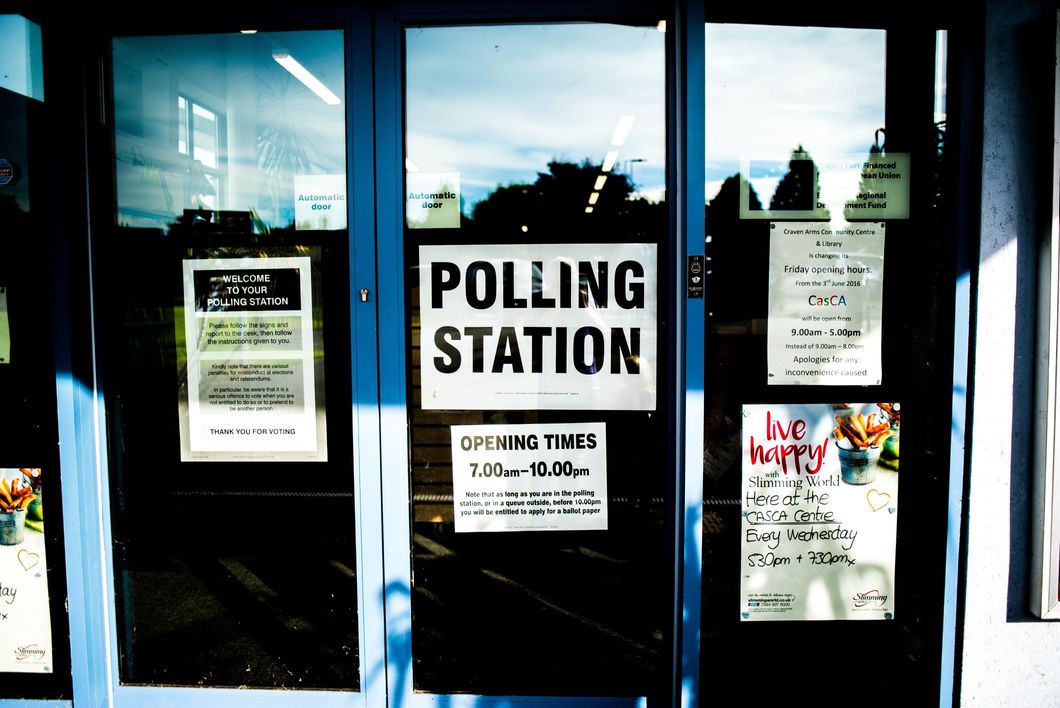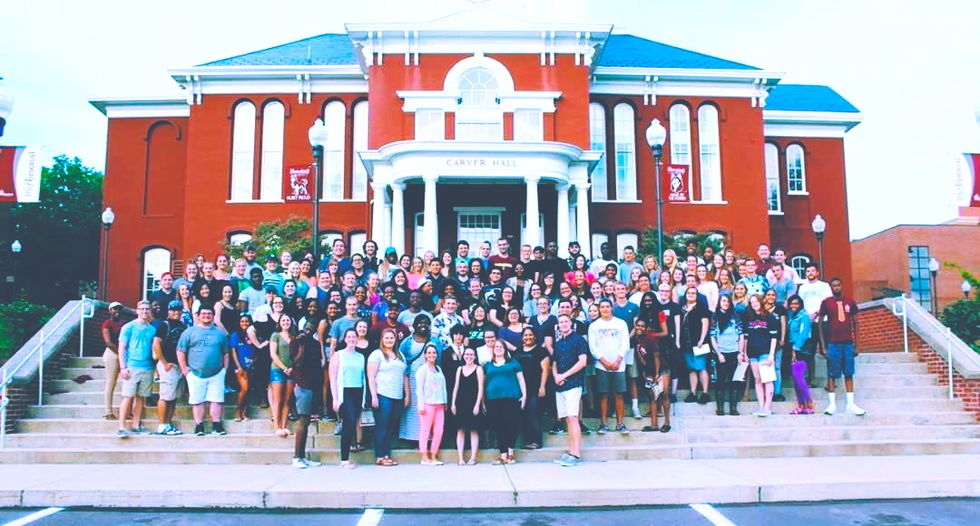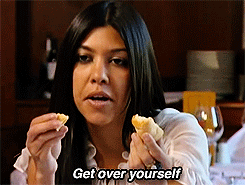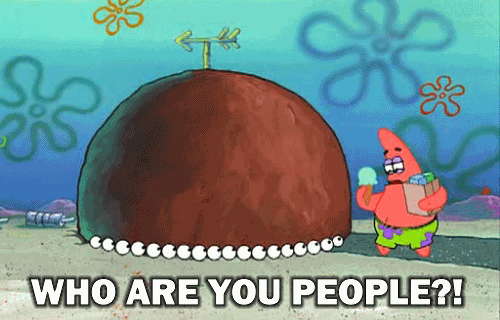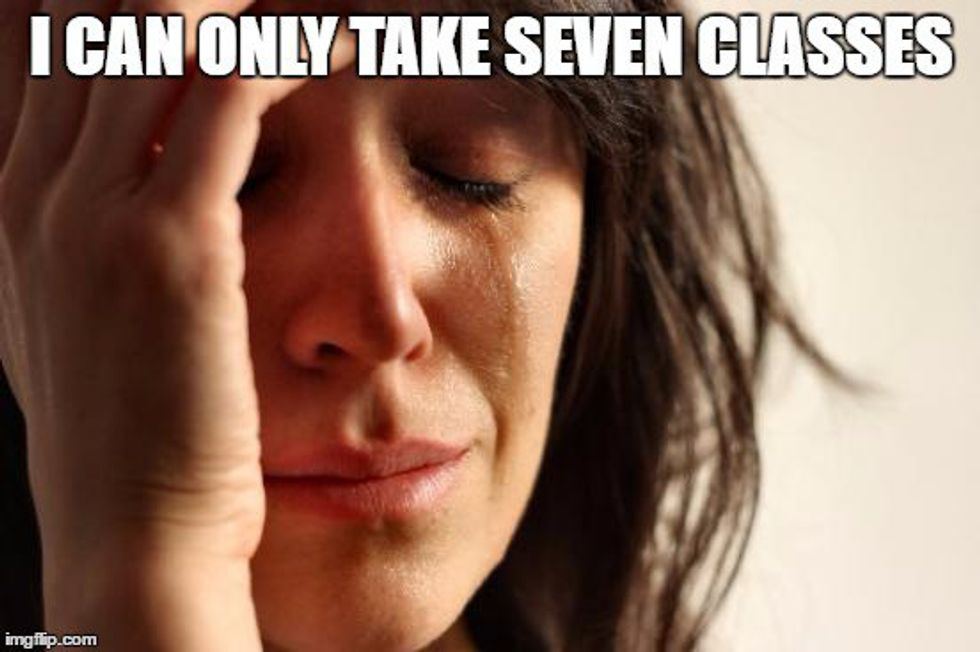I'm writing this article on the night of Monday, November 5, 2018. Midterm Election Eve.
By the time it's published, the polls will be long closed, races will be long called, and partisan control of Congress and state capitols across the country long decided. The media, mainstream and otherwise, will be inundated for the next several weeks with countless hot takes, relentlessly picking apart the results of every single election from United States Senate down to municipal dogcatcher in order to try and find any discernible political lessons for both parties.
But I'm not going to wait until after tomorrow. Regardless of whether or not the blue wave materializes, I know that tempting though it may be to comb through exit polls and voter demographics for Tuesday night, the biggest political lesson Democrats have to learn is already staring them in the face. That lesson is this: If you tack to the center for centrism's sake, you'll lose.
For the past eight years, Democrats running at all levels of government have doggedly pursued the mythical red-to-blue voter—formerly a staunch Democrat, this voter (usually an older white man) grew more and more disillusioned with the party's perceived leftward shift, seeing it as an affront to their middle-of-the-road beliefs, until eventually at some point during the past few decades they broke ranks and began to vote Republican. If we just move back to the center, the argument goes, we can pick up enough of these moderates to regain control.
This narrative is not just laughable; it's politically suicidal. First of all, the notion that the Democrats have undergone some "radical" leftward shift is erroneous and has almost no basis in fact—while there have always been some Democrats who have run on more progressive or even leftist platforms, the general trend of the national party has been a decidedly rightward tack. Time and time again, progressive policies and candidates have been undermined or betrayed at the last minute by the party establishment in favor of support for the status quo and the reinforcement of corporatist neoliberalism.
Secondly, the existence of any identifiable and ideologically homogeneous centrist bloc is in dispute, and breaking down public opinion on individual policies indicates that Americans are far more progressive than the Democratic Party currently seems to think. 76 percent of Americans believe we should have higher taxes on the rich. 70 percent support a single-payer, "Medicare for All" system, and 78 percent are in favor of tuition-free college. Even more, admittedly "radical" positions enjoy fairly broad public support—for example, 46 percent of the population supports a jobs guarantee, and 48 percent support a universal basic income. In the case of these overwhelming majorities, several of these policies enjoy substantial levels of support on both sides of the aisle. Clearly, many of these self-proclaimed centrists aren't quite so centrist after all.
Rather than shifting their entire platform to the right to accommodate these mythical moderates, as far too many Democrats are wont to do, candidates who want to actually win elections and connect with voters should only move right when the constituency absolutely demands it. Otherwise, they should stay true to proven progressive values. This is the strategy that propelled Conor Lamb to victory in his Pennsylvania special congressional election—while he did, out of political necessity in a traditionally red district, espouse more conservative views on issues such as immigration, guns, and fracking, these were not the focus of his campaign. Instead, Lamb ran—and won—on his staunch support for key progressive issues such as unions, Social Security, Medicare, and pensions. And when he did tack right out of necessity, he did so because it fit the district, not because an overpaid Washington consultant told him that bland centrism would be the new winning strategy for Democrats across the board.
But running candidates who effectively fit their constituencies is only one part of the equation. The second, and just as (if not more) important, the element of a winning Democratic strategy moving forward is to shift the focus on which groups to target away from the mythical center, and towards a much more critical base—nonvoters. Nonvoters currently hover at around 40 percent of the country's voting-age population, and a closer look at their demographics indicates that if Democrats focus on engaging them and bringing them into the process, the gains we reap could be substantial—55 percent are Democrats or lean Democratic, 56 percent earn less than $30,000 per year, 66 percent are under the age of 49, and 48 percent are nonwhite. In other words, the millions of people who sit out elections either because of disenfranchisement or disillusionment belong to groups that are far more amenable to our side than to the other.
Moreover, engaging nonvoters doesn't just bring political benefits—it's one of the best things we can do for democracy itself. The more people who participate in the political process, the more vibrant our political discourse and the stronger our democracy. The American system only works if the people participate in it, otherwise, it is liable to be usurped (as has happened right under our noses) by special interests and the most powerful elements of society. In other words, the only way we can fight back against the corruption of our democracy is to take part in it, and it is the responsibility of established political institutions such as the Democratic Party to engage nonvoters and bring them into the democratic process.
If we don't, America will be all the worse for it.

